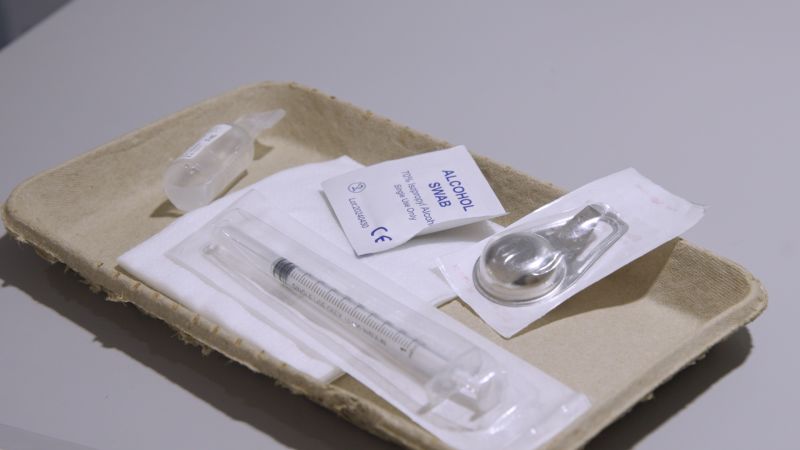
The UK’s first drug consumption facility has opened in Glasgow, Scotland, aiming to address the growing crisis of drug-related fatalities. This facility, which began operations six months ago, provides a supervised environment for individuals to inject illegally purchased Class A drugs. Its location in a neighborhood with significant public drug use underscores the need for such a service in the city.
Funded by the Scottish government, the facility aims to reduce the alarming rate of drug-related deaths in Scotland, which is currently the highest in Europe, as reported by local health officials. According to statistics, the country has faced an increase in fatal overdoses, prompting authorities to explore innovative solutions.
Addressing a Public Health Crisis
The Glasgow facility serves as a safe space where users can consume drugs under medical supervision. This initiative follows the trend seen in various European cities that have implemented similar facilities to combat rising overdose rates. While the concept has gained traction in other parts of Europe, it remains a contentious issue in the UK.
Supporters argue that such facilities can significantly decrease the number of fatal overdoses while providing essential health services to vulnerable populations. By offering a controlled environment, the facility also seeks to reduce public drug use and associated health risks.
Critics, however, maintain that these facilities may inadvertently encourage drug use, raising ethical and societal concerns. The debate continues, reflecting broader tensions surrounding drug policy reform in the UK.
International Insights and Local Impact
During a recent visit by CNN, the facility showcased its operations and the impact it has made in the community. Users have expressed relief at having a safe place to inject, highlighting the importance of medical assistance in preventing overdoses. The facility provides not only a safe environment but also access to addiction support services and health care.
As Glasgow’s experience unfolds, it will likely serve as a reference point for other cities in the UK considering similar initiatives. The ongoing evaluation of the facility’s effectiveness may provide valuable insights into the role of supervised consumption spaces in addressing drug-related health issues.
With the UK grappling with its drug crisis, the Glasgow facility represents a step towards a more compassionate and health-focused approach to substance use. The outcomes from this initiative could influence future policy decisions and shape the dialogue surrounding drug consumption in the country.






